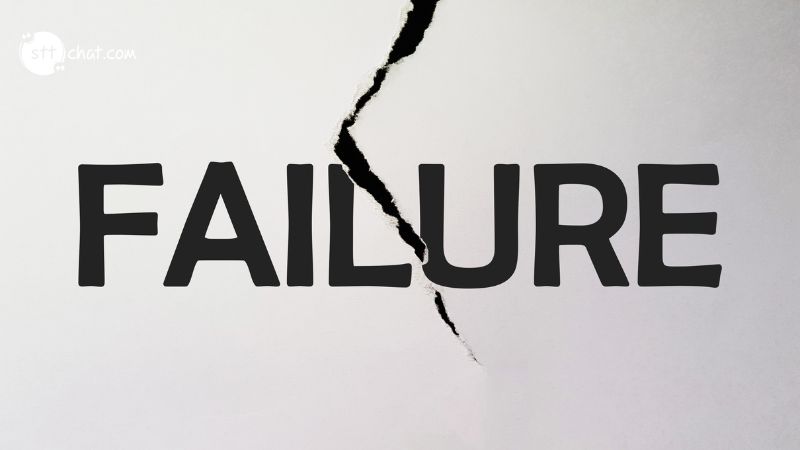Heroism captivates us because heroes represent hope, strength, and the ability to overcome adversity. Yet, society's admiration is often fleeting. People may eventually turn against heroes when they falter, revealing a deeper truth about human nature: we admire success, but also take comfort in witnessing failure. True heroes, however, persevere, driven by purpose, not validation.
Heroes inspire us with their courage and selflessness, yet history shows the public often turns against them. Why do we celebrate their victories, only to revel in their downfall?

However, this admiration is not without its complexities. As much as we celebrate our heroes, we often place them on pedestals so high that they are bound to fall. The allure of a hero lies not only in their success but in the perception that they are untouchable—symbols of perfection. We project our hopes, ideals, and expectations onto them, assuming they will never fail. But when they do falter, as inevitably happens, society’s perception shifts drastically. A single misstep or show of vulnerability can shatter the illusion of invincibility, transforming them from larger-than-life figures into mere mortals. Suddenly, their humanity becomes their most glaring feature, and the public, once awed by their greatness, becomes critical of their flaws.
This shift in perception reveals a darker aspect of human nature. There is a certain comfort in watching even the most admired individuals fail, as it reassures us that perfection is unattainable for anyone, even those we once deemed superhuman. Witnessing a hero’s downfall can normalize our own failures, making us feel less isolated in our imperfections. It’s a reminder that nobody is immune to the hardships of life, not even those we’ve placed on pedestals. This duality—of elevating heroes while secretly waiting for them to stumble—speaks to an underlying tension in our relationship with success and failure.
Heroes inspire us with their courage and selflessness, yet history shows the public often turns against them. Why do we celebrate their victories, only to revel in their downfall?
Why do people turn against their heroes?
People turn against heroes because their failure humanizes them, breaking the illusion of invincibility. This reveals society's tendency to both admire and resent those who embody perfection, making their downfall relatable and comforting.
People turn against heroes because their failure humanizes them, breaking the illusion of invincibility - Source: Internet
Heroes have always been celebrated for their extraordinary strength, courage, and ability to overcome even the most daunting adversities. Throughout history, society has elevated these individuals to near-mythical status, seeing them as symbols of hope, perseverance, and the embodiment of ideals we all aspire to achieve. Heroes reflect the best of humanity, and through them, we find inspiration to rise above our own struggles and limitations. Their triumphs ignite a sense of collective pride, giving us someone to look up to in moments of despair or uncertainty.However, this admiration is not without its complexities. As much as we celebrate our heroes, we often place them on pedestals so high that they are bound to fall. The allure of a hero lies not only in their success but in the perception that they are untouchable—symbols of perfection. We project our hopes, ideals, and expectations onto them, assuming they will never fail. But when they do falter, as inevitably happens, society’s perception shifts drastically. A single misstep or show of vulnerability can shatter the illusion of invincibility, transforming them from larger-than-life figures into mere mortals. Suddenly, their humanity becomes their most glaring feature, and the public, once awed by their greatness, becomes critical of their flaws.
This shift in perception reveals a darker aspect of human nature. There is a certain comfort in watching even the most admired individuals fail, as it reassures us that perfection is unattainable for anyone, even those we once deemed superhuman. Witnessing a hero’s downfall can normalize our own failures, making us feel less isolated in our imperfections. It’s a reminder that nobody is immune to the hardships of life, not even those we’ve placed on pedestals. This duality—of elevating heroes while secretly waiting for them to stumble—speaks to an underlying tension in our relationship with success and failure.






